Case Number : Case 1728 - 11 January - Dr Hafeez Diwan Posted By: Guest
Please read the clinical history and view the images by clicking on them before you proffer your diagnosis.
Submitted Date :
Clinical History: 73 year-old male with indurated lesion on glans penis.
Case Posted by Dr Hafeez Diwan
Case Posted by Dr Hafeez Diwan

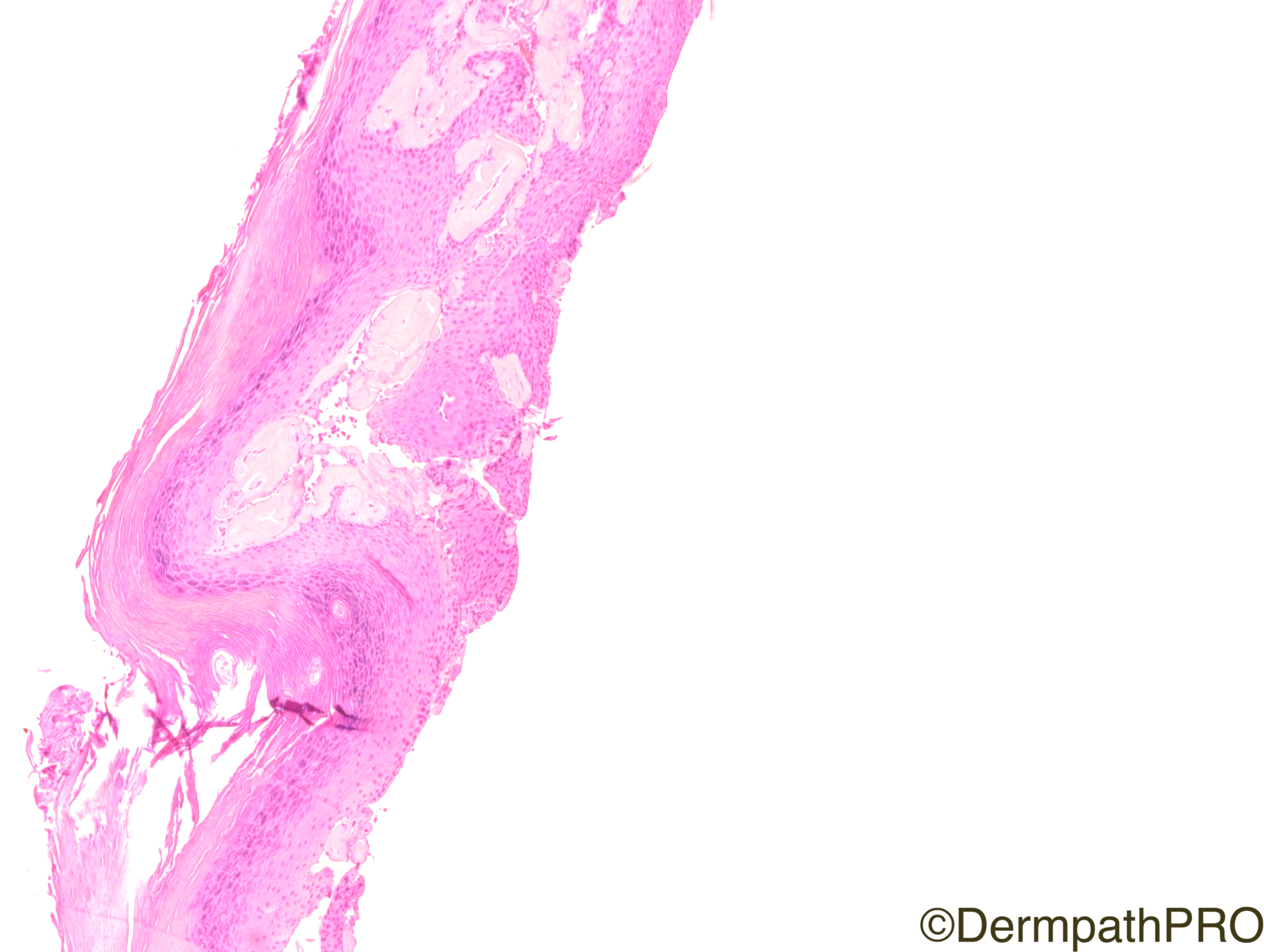
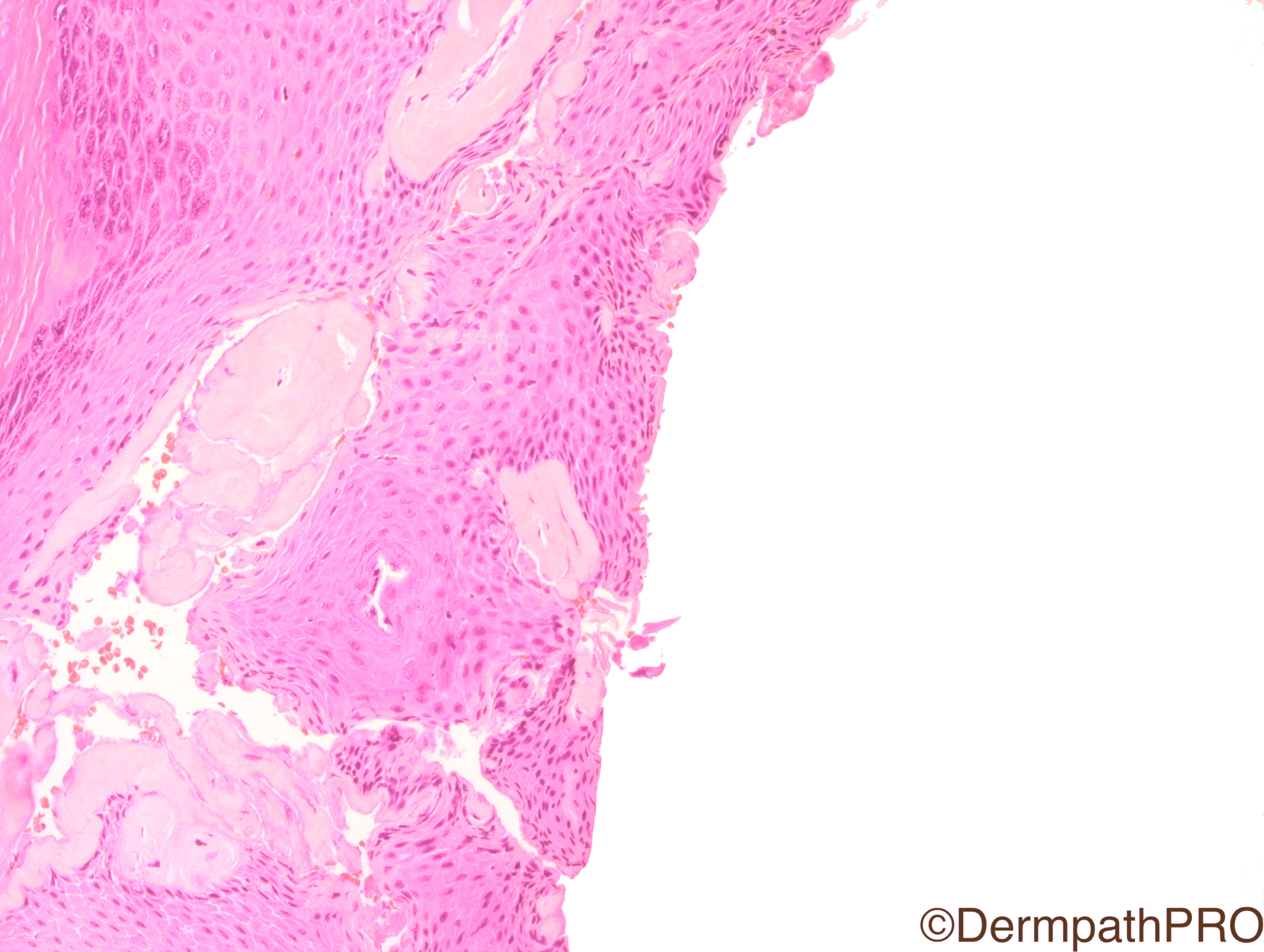
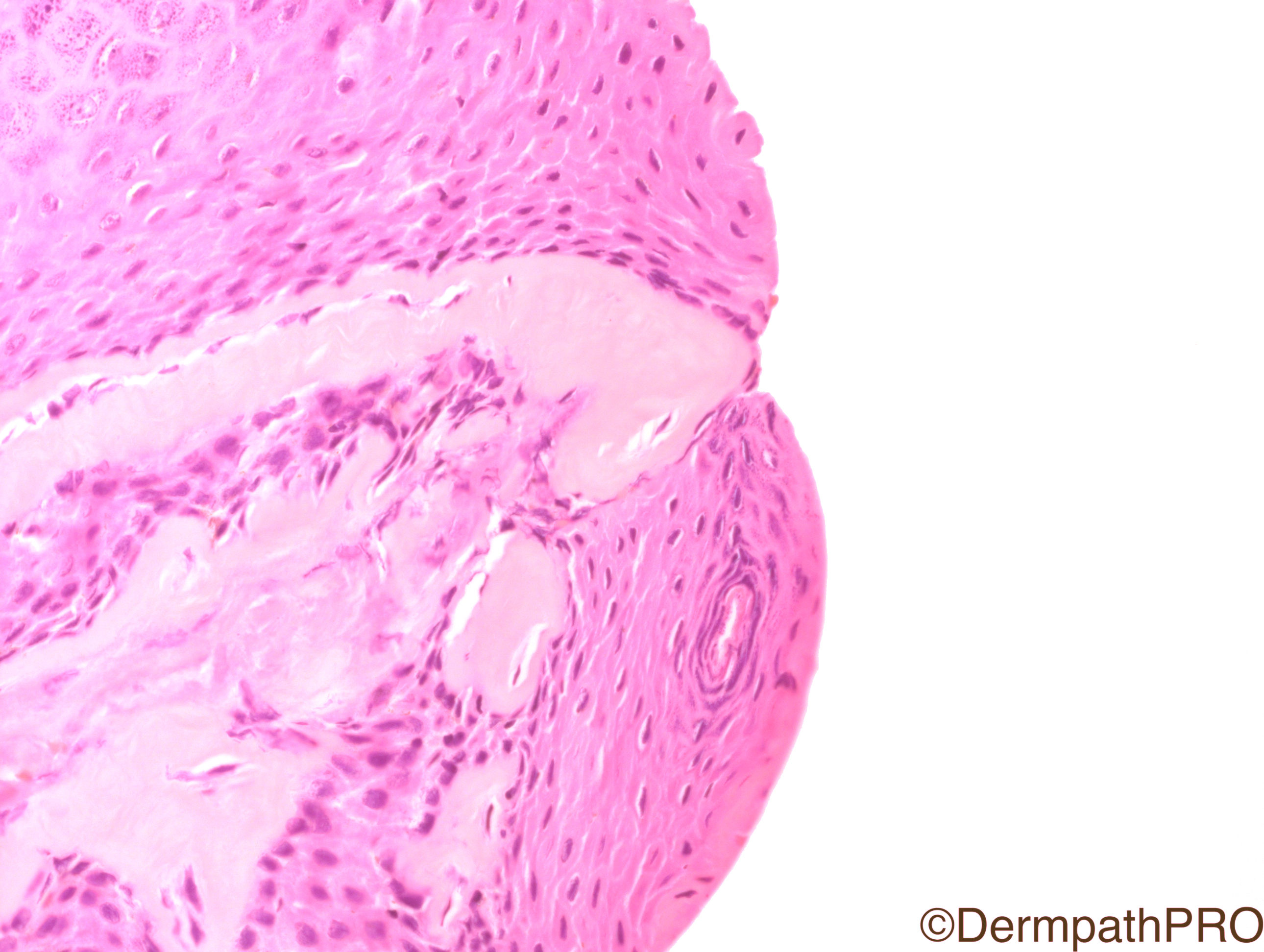
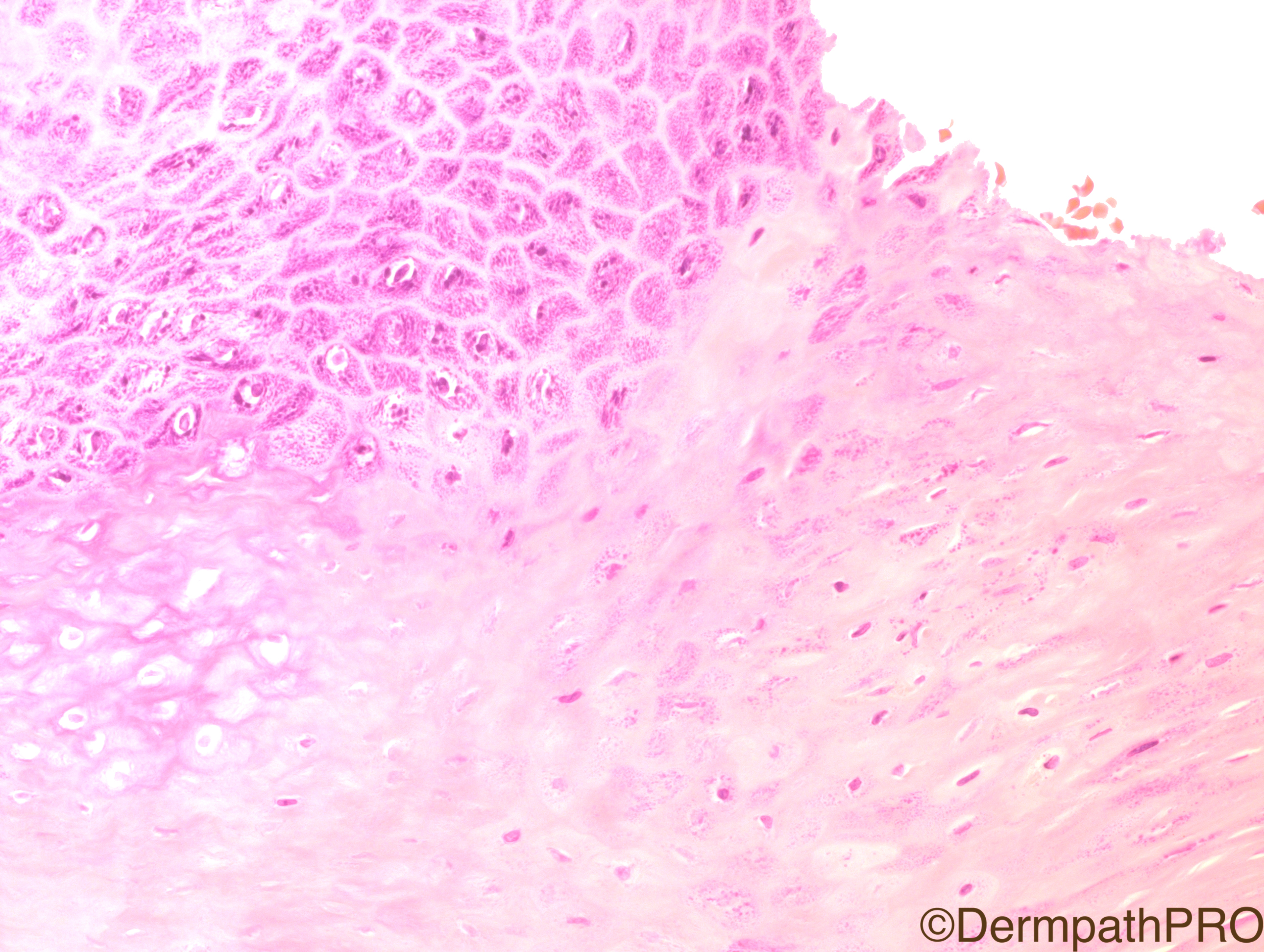
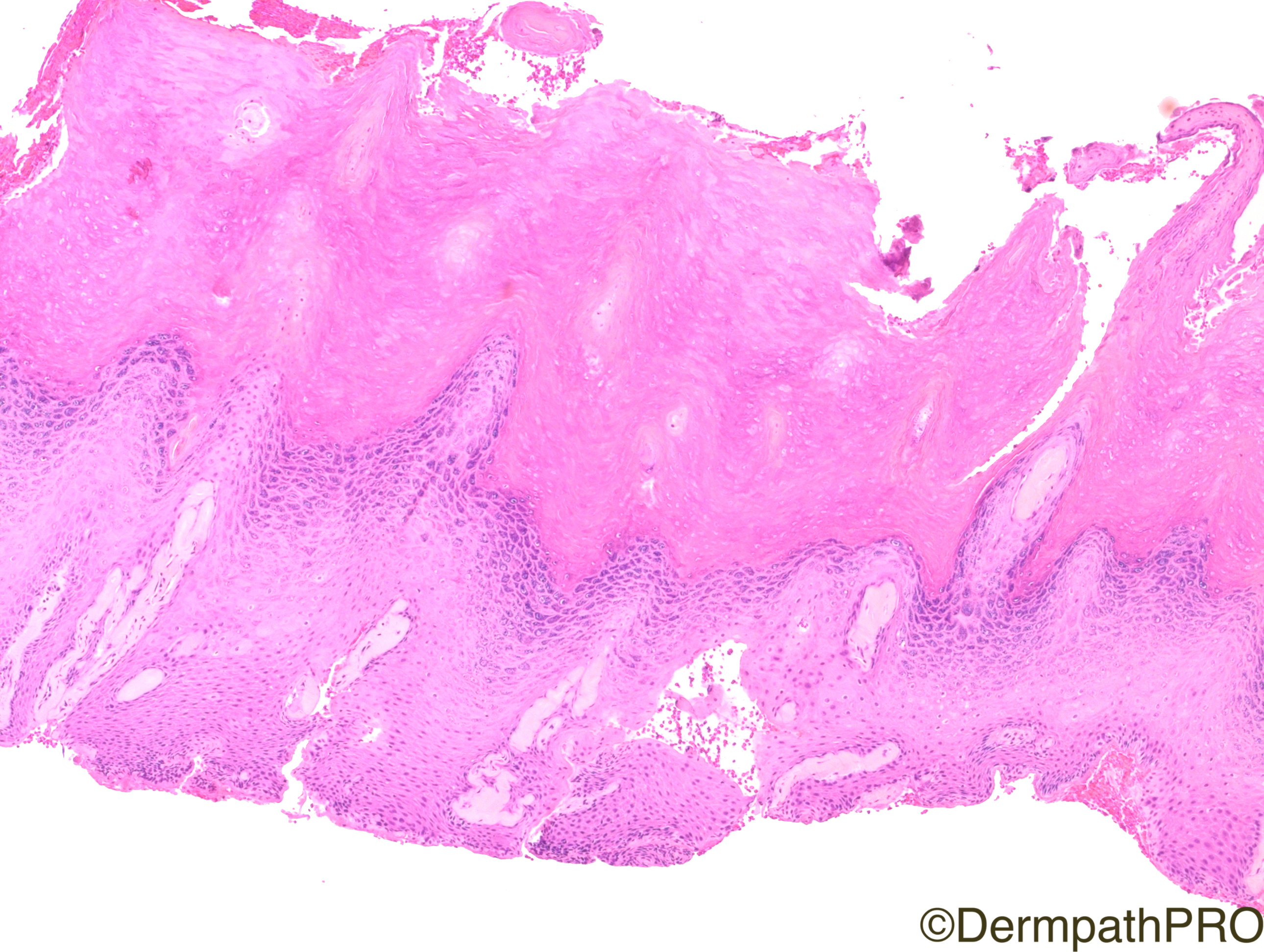
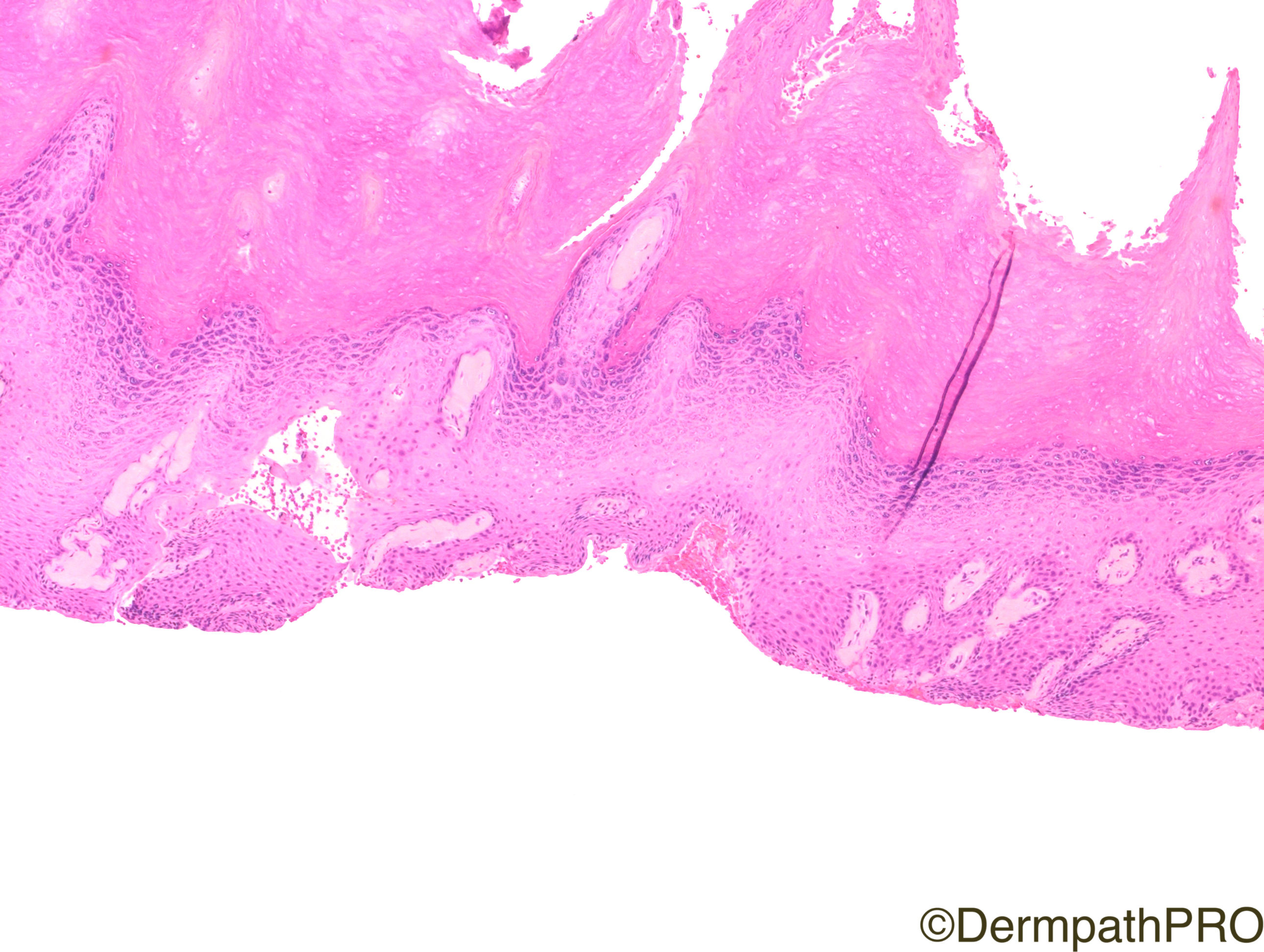
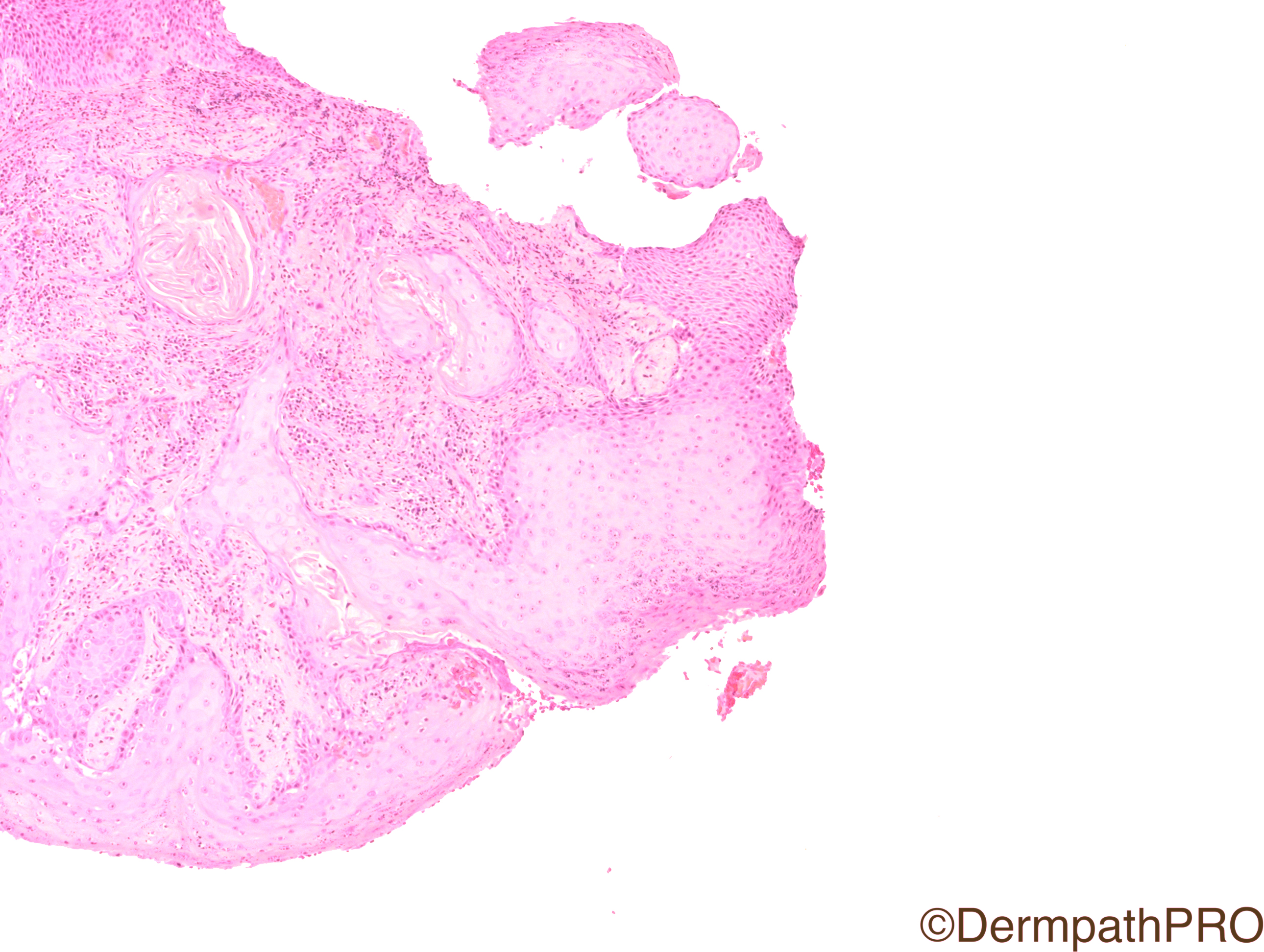
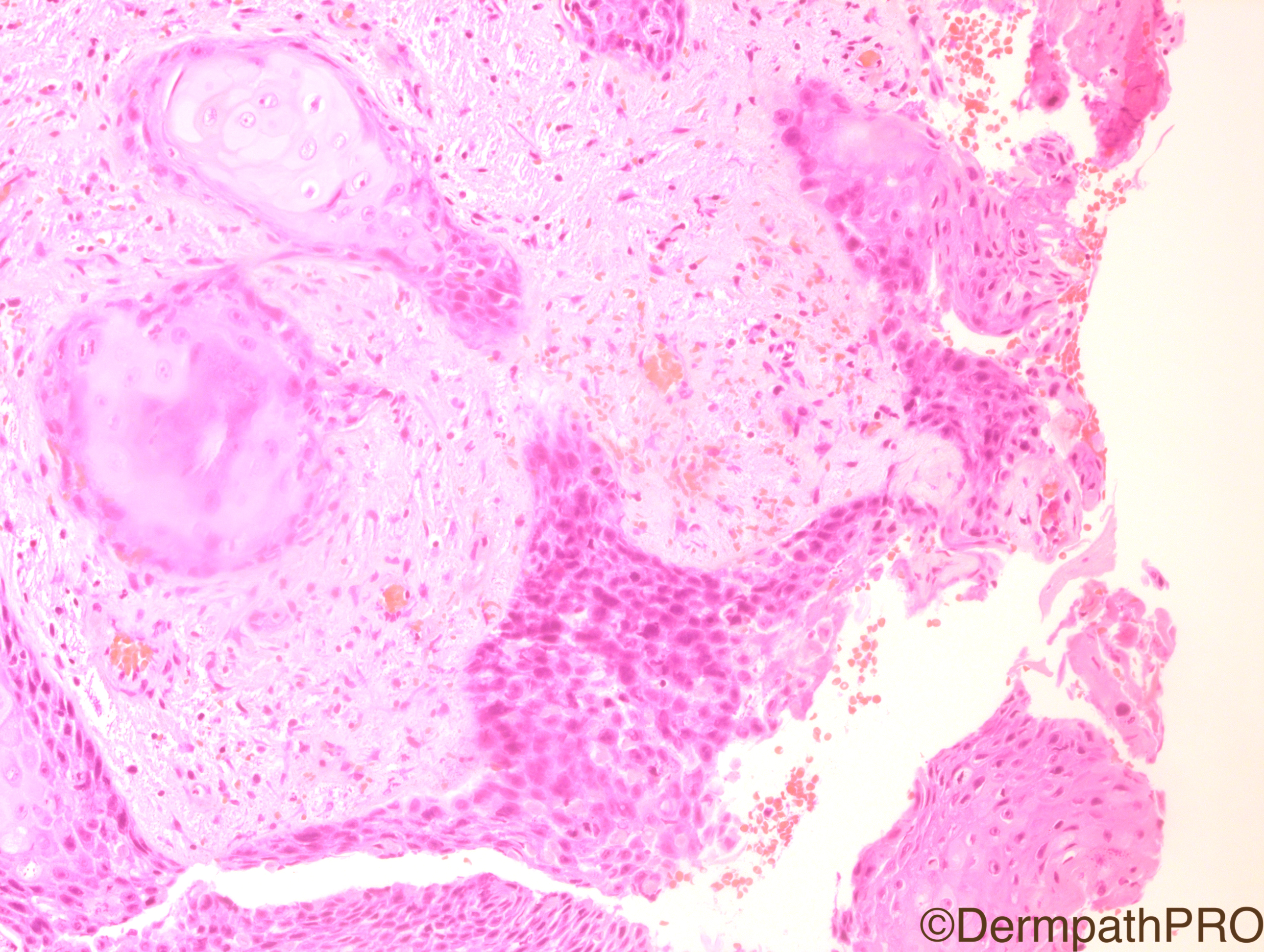
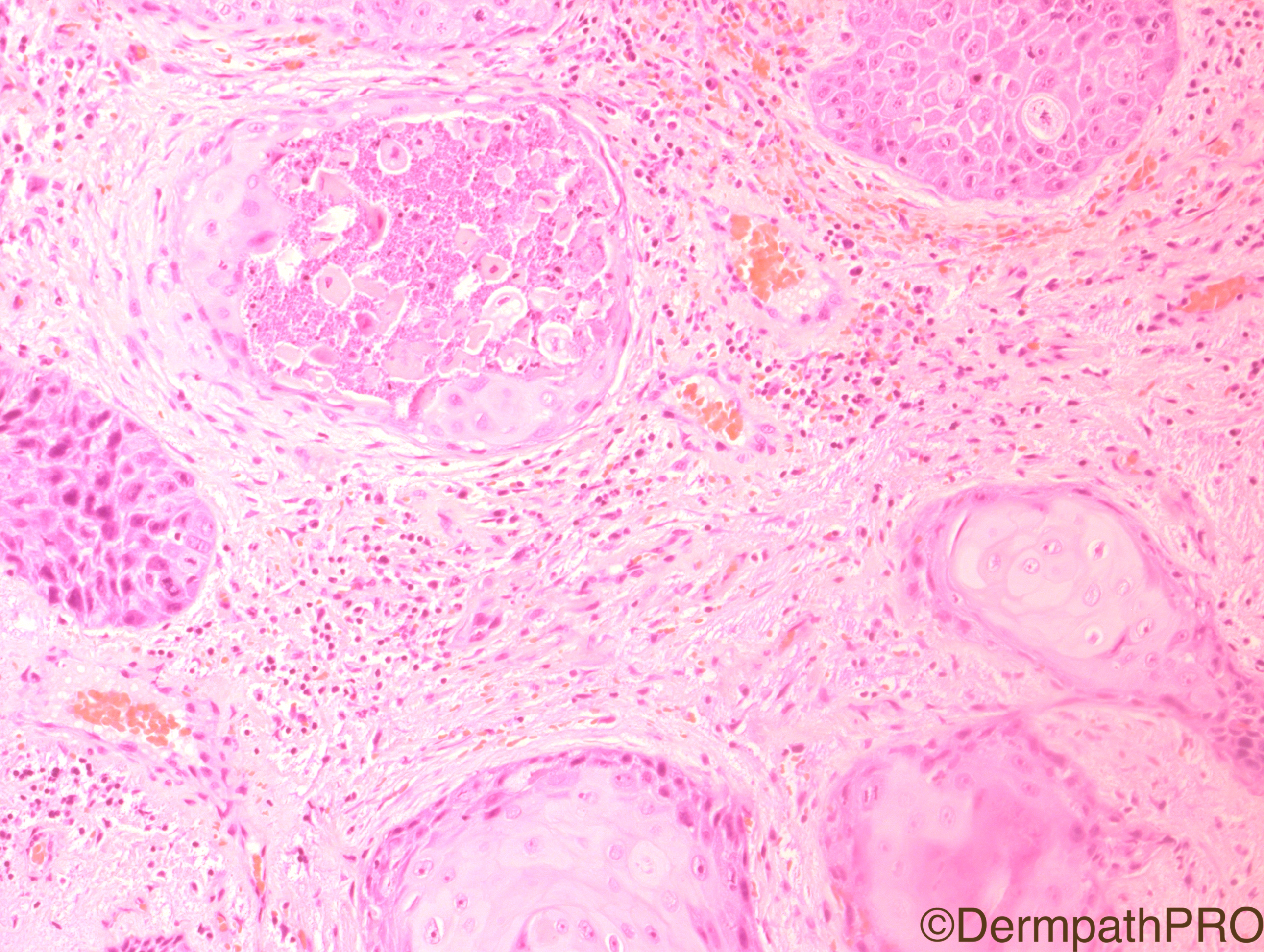
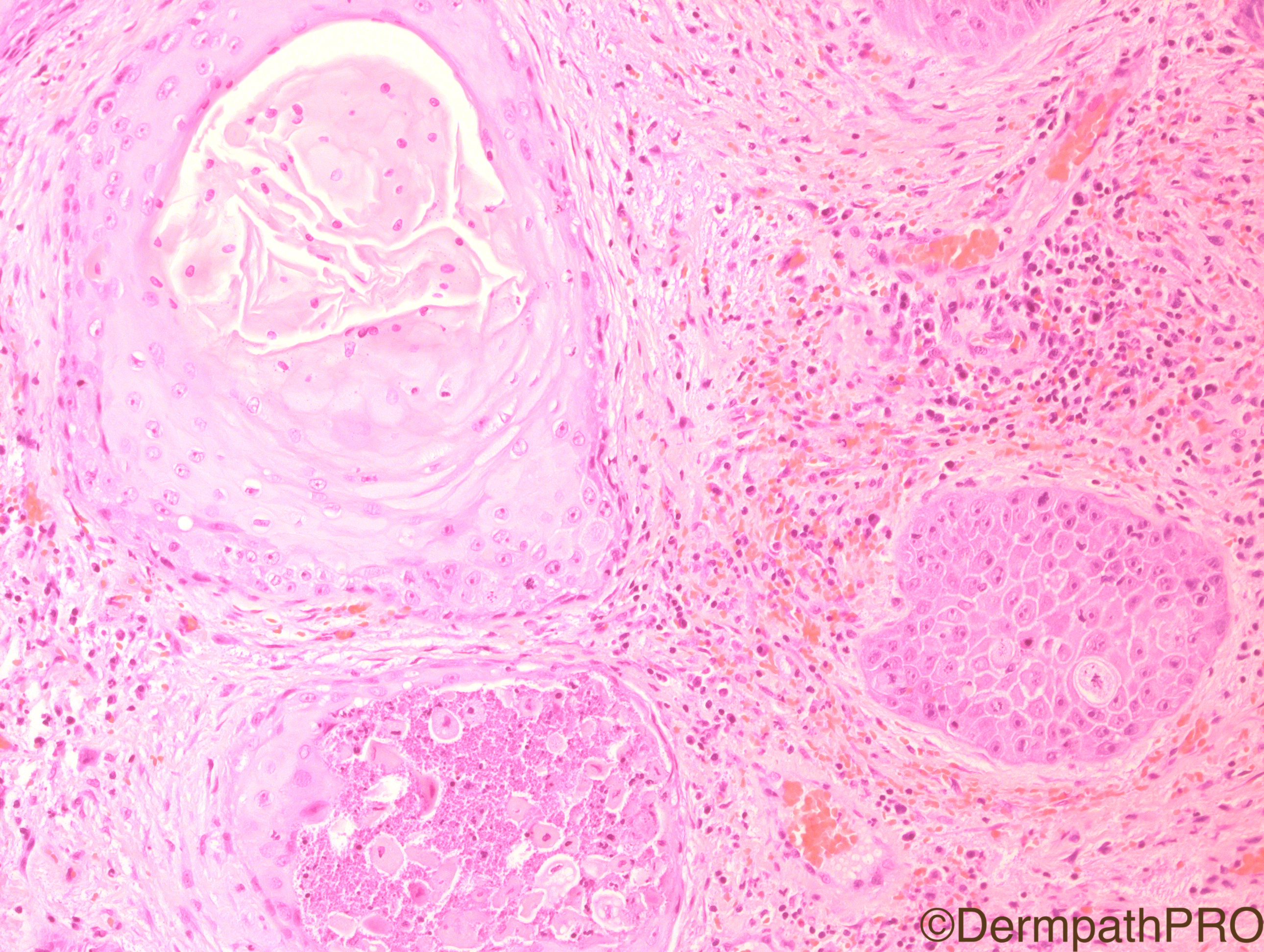
Join the conversation
You can post now and register later. If you have an account, sign in now to post with your account.